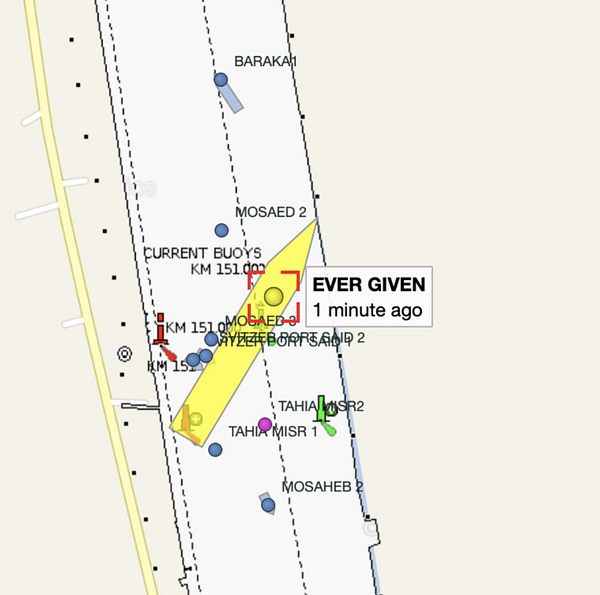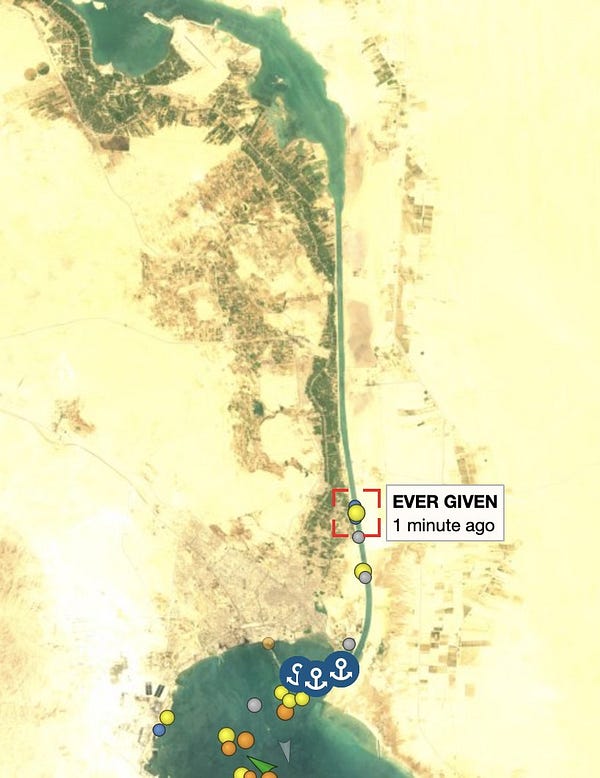Process, service, and thoughtfulness are sustainable advantages
"Everything Starts Out Looking Like a Toy" (No.39)
This week’s toy: that pocket on the front of your 5-pocket jeans that you might not recognize. This is what happens when the original use for a thing disappears and the utility remains. Edition No. 39 of this newsletter is here - it’s March 27, 2021.
The Big Idea
We’re all Remote Workers Now
Congratulations! If you’ve been working from home since March 2020, you’re now an expert in Remote Work. In fact, businesses have realized that this “remote work” thing has certain advantages over having people in the office at all. The ability to hire from anywhere, work from anywhere, and to engage in all time zones could be a competitive advantage. So why does it feel so lonely sometimes, and other times, like being a super hero? (Spoiler: it’s not just because we’re not in the office from 9-5).
The Superpower of No Commute
The average commute in most US cities is around 35 minutes, approximately doubling for those on public transit. Over the last year, that has given workers 1-2 hours a day back that didn’t need to be spent commuting. One to two hours a day is significant, especially if it coincides with your best work time of the day (for me, mornings are best for thinking and writing.)
Without a commute, you’re free to imagine:
What do I want to do with a morning ritual? It could be drinking coffee, reading the newspaper, or walking the dog (perhaps all three)
How can I use my time best instead of commuting? (It could mean idly wasting that time too)
How do I set up my day so that I can feel better about what I’m able to complete?
Some of that time during the day needs to be spent communicating with your peers because the remote life demands better signaling.
The Trough of Communication Expectations
Zoom fatigue is a thing. Email Bankruptcy is a thing. Ghosting colleagues for meetings is a thing. These are all real behaviors that happen because we’re not used to the idea of overcommunicating while remote. There are a few things that help with this situation:
Assume your co-workers might not know what you’re working on
Give them context to understand at every interaction
Add agendas to every meeting and to every meeting deck
By building scaffolding into your conversations, you give co-workers the space to remember recent conversations by association if they don’t immediately follow what’s going on.
There are a few more things to get good at, including:
being as specific in your writing and speaking as possible
checking for understanding
Don’t forget to reach out “just because.” This could be a text, an emoji, a funny gif, a phone call, or a meeting to connect without an agenda. Because we haven’t had “water cooler talk in the last 13 months, we all need some time to connect without a project.
Building a New Normal
Some of us will remain remote workers even when many people go back to the office. Whether you are in the office one day a week or one day a quarter, considering the way your conversations resonate with co-workers in different time zones or offices is very important. Is there a meeting time that better fits with someone’s geography? Can you send a brief summary of meeting notes for people who weren’t able to attend when you have a team on a project? What would you like to know when you find a Slack conversation midstream?
Remote doesn’t always mean Zoom. It doesn’t always mean everything is written down. And it does mean that people have similar expectations for the way we work together, communicate when we are not in the same place, and how we document what we did. In the “New Normal”, keeping a shared document of last actions, building a collaborative agenda, and having expectations that we share with each other will help us to build community even when we’re not physically present at the coffee machine or water cooler.
What’s the takeaway? Remote working is a skill that needs to be taught, nurtured, and maintained. Setting an example for the rest of the team by stating expectations and following up on those expectations is key. That includes the way we respond when things don’t go as planned. Giving the team a playbook is an important first step to ensuring they react and respond in a consistent way. Revising that playbook when it doesn’t work is an example of the kind of flexibility we gain from shared definitions.
A Thread from This Week
Twitter is an amazing source of long-form writing, and it’s easy to miss the threads people are talking about.
This week’s thread: about that ship stuck in a very important and small canal in Egypt.




Links for Reading and Sharing
These are links that caught my eye.
1/ You think you had a bad day? - A very large container ship got stuck sideways in the Suez Canal this week. Aside from the obvious jokes people are making (memes for days!), there are some more serious considerations needed.
12% of the world’s cargo goes through this chokepoint, so one problem here creates escalating supply shocks that could disrupt the world economy. Do we need to consider limiting the size of container ships, or modifying economic models so that goods need to travel a shorter distance?
2/ Does your dashboard measure KPIs or metrics? - Avinash Kaushik writes a brilliant newsletter on analytics. The latest version gives some sage advice on limiting the information in your dashboards to KPIs, trended over time. Would you rather see lots and lots of data, or … the most important indicators and whether they are moving in the right direction? The latter will get you more head nods from leadership.
3/ Financial design is social - There is a 373 year old bond (it’s been 6 years since this article was written) that still pays interest. Why does this matter? When thinking of mechanisms like Blockchain, Bitcoin, and NFTs, we need to engineer a design that won’t just 404. What’s the mechanism (waiting to be built) that will make investing in alternate financial instruments as trustworthy as the ones that last 400 years?
On the Reading/Watching List
Life on Mars is the next series I’m going to check out on Britbox - it’s a detective show about a detective who thinks he wakes up in 1973. Is he really there, or is it all just a dream? Like most period dramas, part of the wonder is in seeing how people managed without cell phones.
I had the pleasure of meeting community maven David Spinks at the Big Omaha conference in 2012. David’s written a new book on community called The Business of Belonging, and I look forward to reading his thoughts. Companies today have to think about how they are engaging customers more than ever, and the basics of community building are a great start.
What to do next
Hit reply if you’ve got links to share, data stories, or want to say hello.
I’m grateful you read this far. Thank you. If you found this useful, consider sharing with a friend.
Want more essays? Read on Data Operations or other writings at gregmeyer.com.
The next big thing always starts out being dismissed as a “toy.” - Chris Dixon







